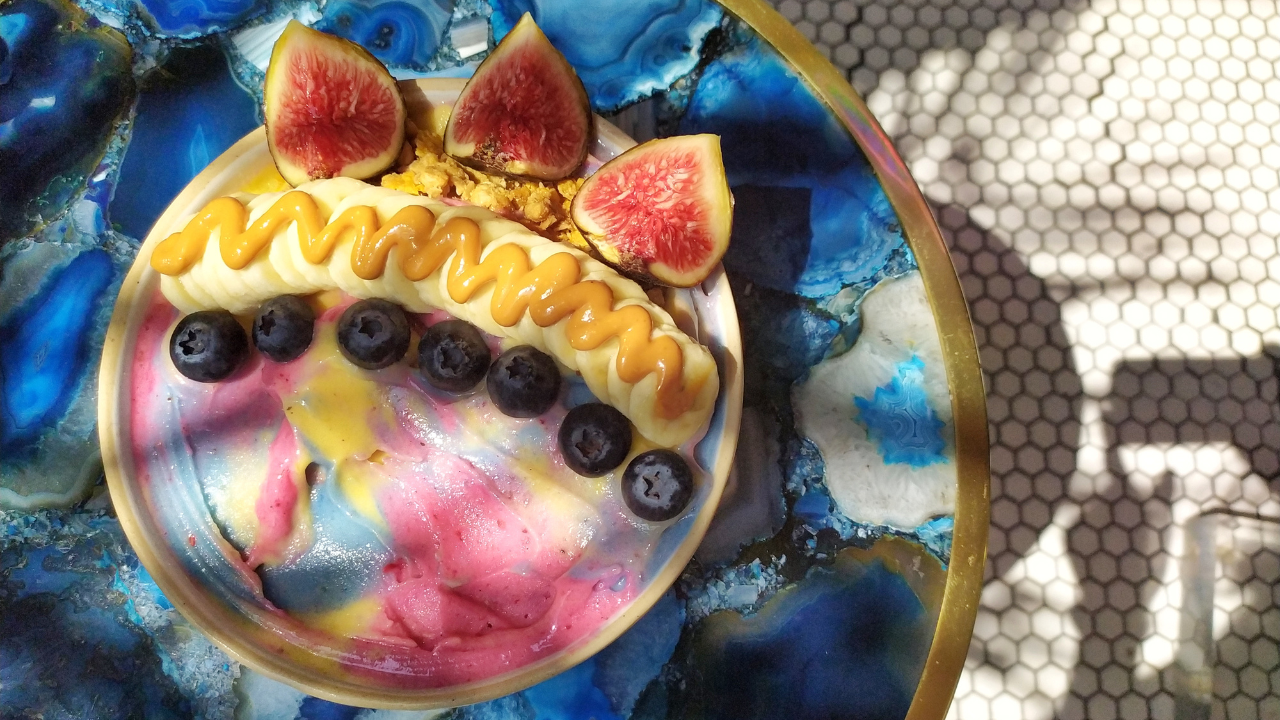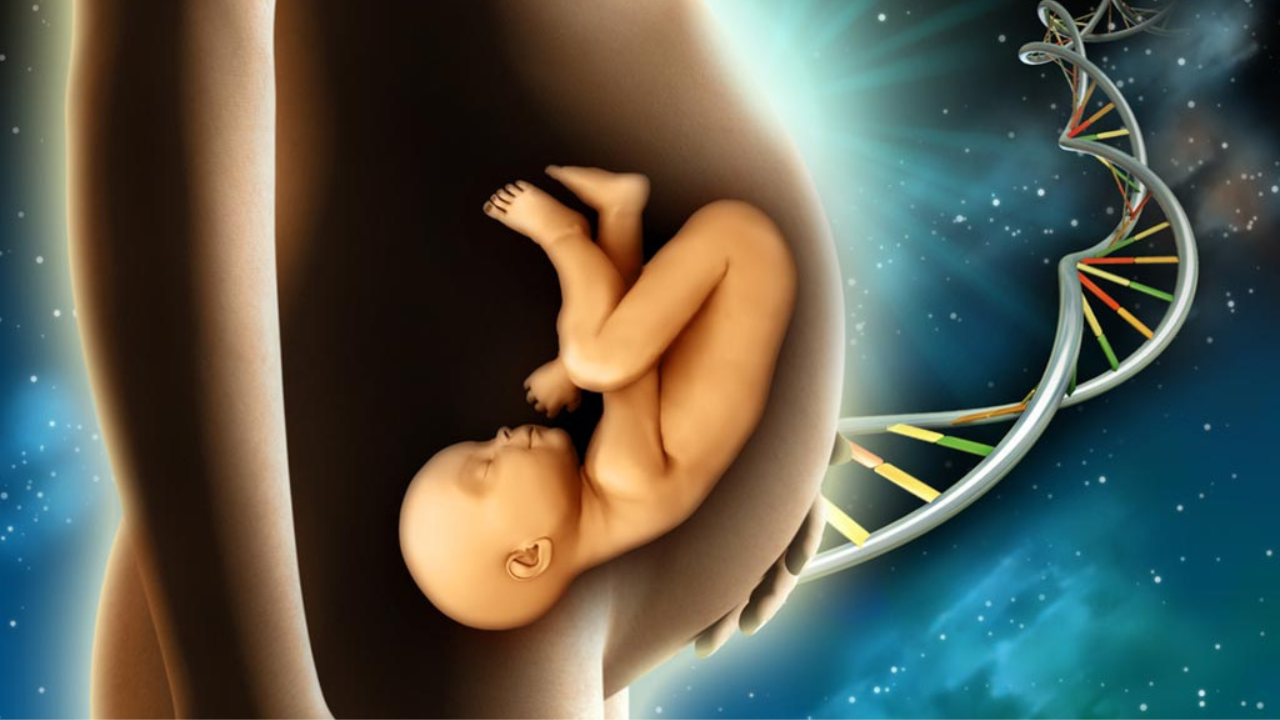Understanding Emotional Addiction, Trauma Bonds, and Archetypes in Relationships and Self-Identity
Emotional addiction and trauma bonding are profound psychological patterns that can shape relationships, self-identity, and behaviors across our lifetime. These patterns often form from unresolved childhood trauma, manifesting in romantic relationships, parenting dynamics, and our relationship with ourselves. To understand these patterns more deeply, it’s essential to explore emotional addiction, trauma bonds, and the archetypes we unconsciously adopt.
Emotional Addiction: The Need for Familiar Emotional States
Emotional addiction isn’t addiction to substances or behaviors, but rather to specific emotions, often rooted in experiences from childhood. These emotional states become a habitual "comfort zone," even if they are painful, creating a cycle where a person unconsciously seeks out situations or relationships that recreate these familiar feelings.
Emotional addiction can form as a coping mechanism for unmet needs, abandonment, or a lack of emotional attunement in childhood. For example, a child who frequently experiences feelings of neglect may grow into an adult who is unconsciously drawn to people or situations that perpetuate that feeling, even if it brings pain.
Signs of Emotional Addiction:
- Craving emotional drama or conflict in relationships.
- Constantly seeking validation from others.
- Finding peace or stability uncomfortable, leading to self-sabotage.
- Difficulty being alone or feeling secure without others’ emotional feedback.
Impact on Relationships: Emotional addiction can lead to a dependency on others for emotional stimulation. In romantic relationships, this might look like constant conflicts, codependency, or staying in toxic relationships due to the sense of “familiarity.” In parenting, it might manifest as overly controlling behaviors, emotional reactivity, or projecting one’s unmet emotional needs onto the child.
Resource: Breaking the Habit of Being Yourself by Dr. Joe Dispenza offers insights on how to identify and break free from emotional addiction through mindset changes and neurological rewiring.
Trauma Bonds: When Pain Becomes Connection
A trauma bond is a deep, often unhealthy attachment formed in relationships where one partner is repeatedly hurt by another but feels emotionally attached or dependent on them. Trauma bonds can develop in response to childhood trauma, and they’re reinforced through cycles of emotional highs and lows. This pattern makes it difficult to leave these relationships, as the intensity of the emotional connection can feel “normal” or even satisfying.
Characteristics of Trauma Bonds:
- Feeling unable to leave someone despite consistent hurt or betrayal.
- Rationalizing or excusing the other person’s harmful behavior.
- Confusing intensity with intimacy or loyalty with love.
- Experiencing emotional withdrawal symptoms when separated from the person.
Why Trauma Bonds Form: For children exposed to unpredictable or inconsistent caregiving, trauma bonds can replicate familiar dynamics. A child who has learned to associate love with hurt may later seek out relationships that echo those early experiences. In romantic relationships, this can create a cycle where one becomes “addicted” to the pain associated with love, confusing the turmoil with deep connection.
Resource: The Betrayal Bond by Dr. Patrick Carnes delves deeply into trauma bonds, helping readers recognize these patterns and begin the journey toward healing.
Archetypes and the Roles We Play
Archetypes are universal symbols or patterns of behavior that Carl Jung identified as part of the collective unconscious. In the context of emotional addiction and trauma bonds, certain archetypes often emerge, shaping how individuals view themselves and interact with others.
- The Wounded Child: This archetype represents the pain and vulnerability from early trauma. People who identify with this archetype may seek nurturing but feel unworthy of it, often becoming dependent on partners or friends for emotional security.
- The Rescuer: Often seen in relationships where trauma bonding is present, this archetype feels a compulsion to "fix" others. In romantic partnerships, this can lead to codependency, where the Rescuer’s identity is tied to saving someone, even at the expense of their own well-being.
- The Saboteur: This archetype reflects the tendency to self-sabotage when stability is perceived as a threat. For those with emotional addiction, peace or consistency might feel uncomfortable, triggering subconscious attempts to disrupt it through conflict or withdrawal.
- The Victim: A common archetype in trauma bonds, the Victim believes they have no control over their circumstances. This archetype can make it difficult to break free from toxic patterns, as the person sees themselves as powerless to change.
- The Caretaker (Parent): In parenting, unresolved trauma can lead to identifying with the Caretaker archetype to the point of emotional dependency on one’s children. This can lead to projecting unmet emotional needs onto the child or expecting the child to fulfill a role beyond their age or maturity.
Resource: Awakening the Heroes Within by Carol S. Pearson provides an in-depth look at archetypes and their role in self-discovery and healing.
Child Trauma and Its Influence on Relationships
Unresolved childhood trauma can deeply influence adult relationships. The patterns formed in childhood, such as feelings of abandonment, betrayal, or conditional love, shape expectations of what relationships “should” feel like.
- Abandonment Trauma: Children who experience abandonment may grow up with a fear of being alone, leading to a reliance on others for emotional fulfillment. This can result in staying in harmful relationships out of fear of loneliness.
- Neglect: If a child was emotionally neglected, they may grow up believing that their needs are unimportant or that love requires self-sacrifice. This often results in attracting partners who mirror this neglectful behavior.
- Abuse: Physical or emotional abuse can lead to a tendency to accept or excuse harmful behaviors, internalizing the abuse as a sign of “love” due to familiarity.
Resource: Complex PTSD: From Surviving to Thriving by Pete Walker offers a practical guide to understanding and healing from childhood trauma and its lasting effects.
Parenting Through the Lens of Trauma
Parents with unresolved trauma may unconsciously project their fears, insecurities, or unmet emotional needs onto their children. This can lead to enmeshed relationships where the parent depends emotionally on the child or, conversely, adopts a highly critical or overly protective parenting style.
Becoming a Trauma-Informed Parent:
- Become aware of how your trauma may affect parenting choices.
- Foster open communication with your child(ren) about emotions.
- Avoid the urge to “control” a child’s life to prevent feared outcomes.
- Create a safe space for your child(ren) to express their own identities without pressure.
Resource: The Conscious Parent by Dr. Shefali Tsabary emphasizes the importance of self-awareness in parenting, helping break generational cycles of trauma.
Relationship to Self: Reclaiming Identity Beyond Trauma
Emotional addiction, trauma bonds, and archetypes impact not only our external relationships but also our relationship with ourselves. Healing involves reclaiming the parts of our identity that were lost, denied, or neglected due to trauma.
Healing Strategies:
- Inner Child Work: Reconnecting with the inner child to reparent and heal past wounds.
- Mindfulness Practices: Engaging in mindfulness helps break habitual emotional responses by creating space to process emotions before reacting.
- Self-Compassion: Cultivating a sense of worthiness and compassion toward oneself.
- Boundaries: Learning to set emotional boundaries to prevent falling into familiar, toxic patterns.
Resource: Self-Compassion: The Proven Power of Being Kind to Yourself by Dr. Kristin Neff explores how self-compassion can transform the relationship one has with oneself.
Moving Forward
Breaking the cycle of emotional addiction, trauma bonds, and archetypal roles requires a journey of self-awareness, self-compassion, and healing. Here are additional resources to aid readers in their journey:
Books:
- The Body Keeps the Score by Dr. Bessel van der Kolk
- Complex PTSD: From Surviving to Thriving by Pete Walker
- Healing the Child Within by Charles L. Whitfield
- The Conscious Parent by Dr. Shefali Tsabary
- Self-Compassion: The Proven Power of Being Kind to Yourself by Dr. Kristin Neff
- Healing from Trauma by Jasmin Lee Cori: A guide on understanding trauma and its impact on the psyche.
- Boundaries by Dr. Henry Cloud and Dr. John Townsend: Practical advice on establishing healthy boundaries.
Online Courses:
- Trauma-Informed Care: Understanding the Basics (available on platforms like Coursera or Udemy)
- Inner Child Healing Workshops (various providers)
Support Networks:
- Trauma Recovery Network: Connect with local and online support groups.
- Online Forums and Communities: Engage with others on platforms like Reddit or Facebook groups focused on healing from trauma.
Therapeutic Modalities:
- EMDR (Eye Movement Desensitization and Reprocessing) Therapy
- Somatic Experiencing
- Art and Expressive Therapies
Recognizing these patterns is the first step to breaking free from cycles of pain, allowing for healthier relationships, a stronger sense of self, and a future filled with conscious choices.
Are you ready to break free from emotional addiction and trauma bonds that may be holding you back in your relationships and your relationship with yourself?
Dive deeper into this transformative journey by reading more of our insightful articles and discovering powerful tools to heal and grow. If you’re looking for personalized support, connect with us for coaching, or join our global network of like-minded individuals committed to healing and empowerment. Don’t wait—your path to freedom and self-discovery starts today!












